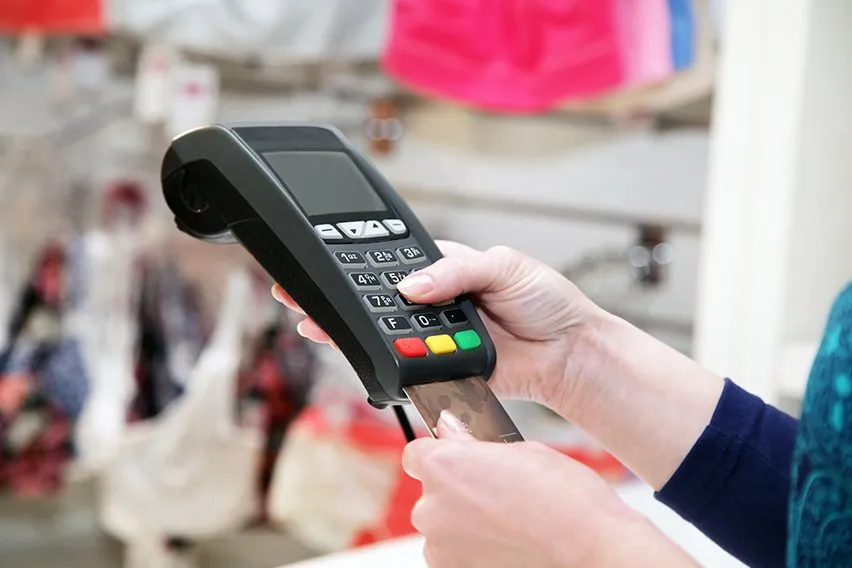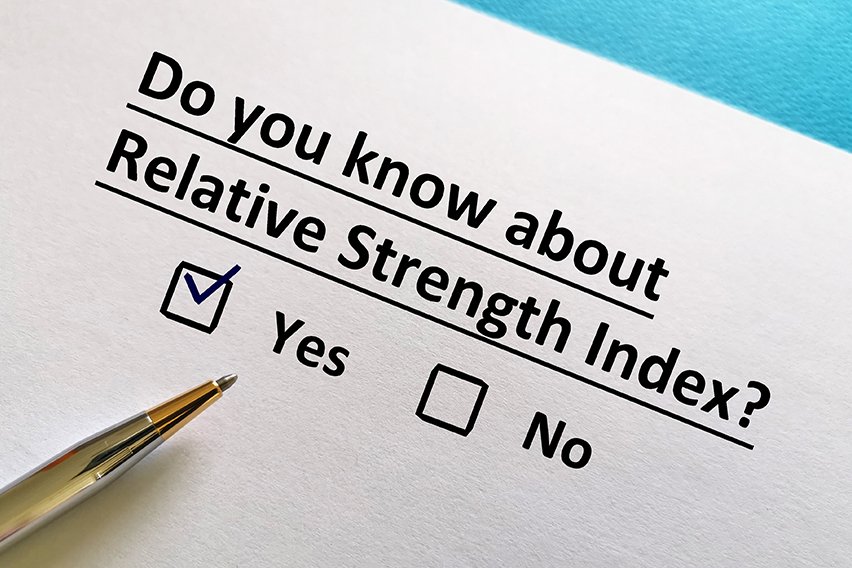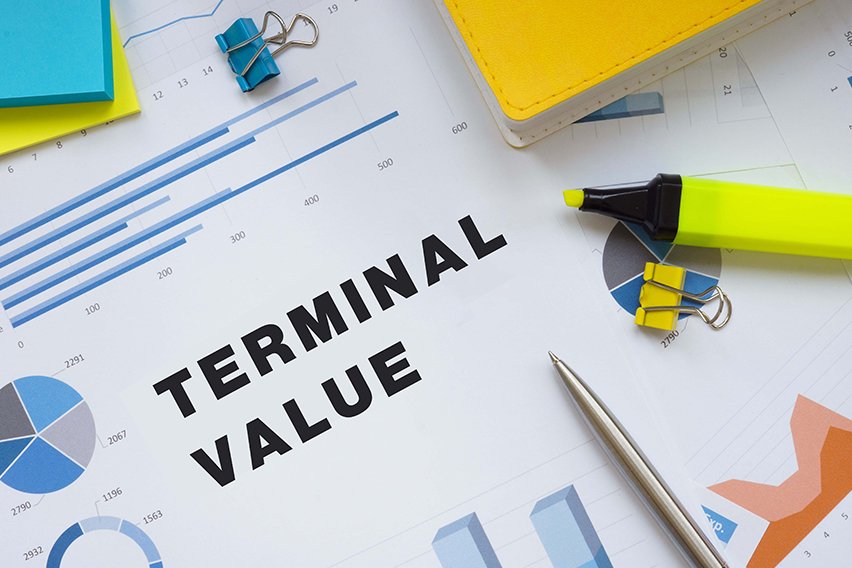What Is EPOS System & How Do They Work?

As technology has evolved, so have businesses. More sophisticated electronics alongside the internet have been invaluable to businesses. One of the advancements that has pushed business forward is EPOS software. EPOS, or electronic point of sale, software allows businesses to run more effectively. If your business is in need of a new point of sale system, learn all about EPOS systems here!
Here’s What We’ll Cover:
What Is an EPOS System?
An EPOS system is a point of sale system that takes advantage of modern technology. Original POS systems were able to record sales, EPOS systems are capable of much more. Using modern software features, EPOS systems can do some of the following:
- Show stock levels and allow for stock control
- Accept electronic payment methods not traditionally taken
- Provide detailed reports regarding sales
- Provide more accurate reports than previously able
- Allow for more in-depth sales figures
- Remove time consuming manual processes
Traditional POS systems were excellent, but modern EPOS systems outrank them in every way. They are a combination of hardware and software, meant to help enhance business operations.

EPOS Hardware Components
As with any computing system, EPOS systems have hardware and software. The hardware components are probably familiar to you. Many of them are parts of traditional POS systems. They allow you to perform transactions with customers in the physical portion of your business. The most common ones are listed below.
- Receipt Printer: Receipt printers are a core component of EPOS systems. They provide thermal printed receipts to customers following sales.
- Tablet: Can be used as a register or a portable assistant for helping customers.
- Barcode Scanner: An electronic scanner that lets you read barcodes stored in the EPOS system.
- PDQ: A card reading device. This card reader allows you to transfer funds via chip or pin. It also allows you to take contactless payments, like Apple and Android Pay.
- Cash Drawer: A drawer connected to the EPOS system that locks and stores cash.
EPOS Software Packages
EPOS software is the electronic portion of an EPOS system. It allows you to fully analyze your business using the data it gathers. This can help you make more informed decisions. Software changes from provider to provider. Many of them allow you to customize EPOS software to fit your business’s needs, thankfully.
There are two categories of software available for EPOS systems.
- Legacy Systems: These are permanent software solutions. They are kept on premises, and are not connected to the cloud. They can be costly to update.
- Cloud-based Systems: These systems are connected to the internet. They are constantly connected, meaning that you can review many of their features off site. They normally come with monthly fees, and act as a software-as-a-service package.
One of the most useful parts of EPOS software is its ability to update. Software updates will depend on your provider, but if you are using a cloud-based software it will update automatically.

How Do They Work?
These systems work by collecting all of your data when it comes to sales. For each type of system, this means a few different things.
Legacy Systems
Legacy systems store all data in a server on site. They don’t have to be connected to the cloud to do this, making them very reliable. However, if software updates are released, they have to be paid for. Additionally, all of the data must be reviewed on site. It cannot be accessed from a different location. This is one of the major downfalls. Functionally, they are able to offer all of the same reporting options that cloud-based software can.
Cloud-Based Systems
As the name implies, cloud-based systems are connected to the cloud. This gives them a major advantage over legacy systems. The data stored in these systems can be accessed anywhere. This gives you the ability to review reports and inventory at any time. Cloud-based systems are normally a monthly subscription, and updates are provided as you continue to pay. As such, they tend to be best for businesses that are scaling. If you anticipate your business to grow steadily, a cloud-based EPOS is the best option for you.
Key Takeaways
EPOS systems are what most businesses have. Traditional POS systems are slowly being phased out. EPOS systems allow you to collect and analyze data, as well as manage your inventory. Many also give you customer relationship management tools. If you’re looking for a new POS system, consider an EPOS for your business!
If you found this article helpful, be sure to pop over to our resource hub. We have plenty of helpful business information and guides for your use!
RELATED ARTICLES

 What Is a Remittance Advice Slip for Payments & How Does It Work?
What Is a Remittance Advice Slip for Payments & How Does It Work? Dividend Policy: Definition, Types & Examples
Dividend Policy: Definition, Types & Examples Relative Strength Index (RSI): Definition & Calculation Guide
Relative Strength Index (RSI): Definition & Calculation Guide What Is a Delivery Note? Everything You Need to Know
What Is a Delivery Note? Everything You Need to Know What Is Terminal Value & How to Calculate It in DCF
What Is Terminal Value & How to Calculate It in DCF Grant Vs Loan: What’s the Difference?
Grant Vs Loan: What’s the Difference?